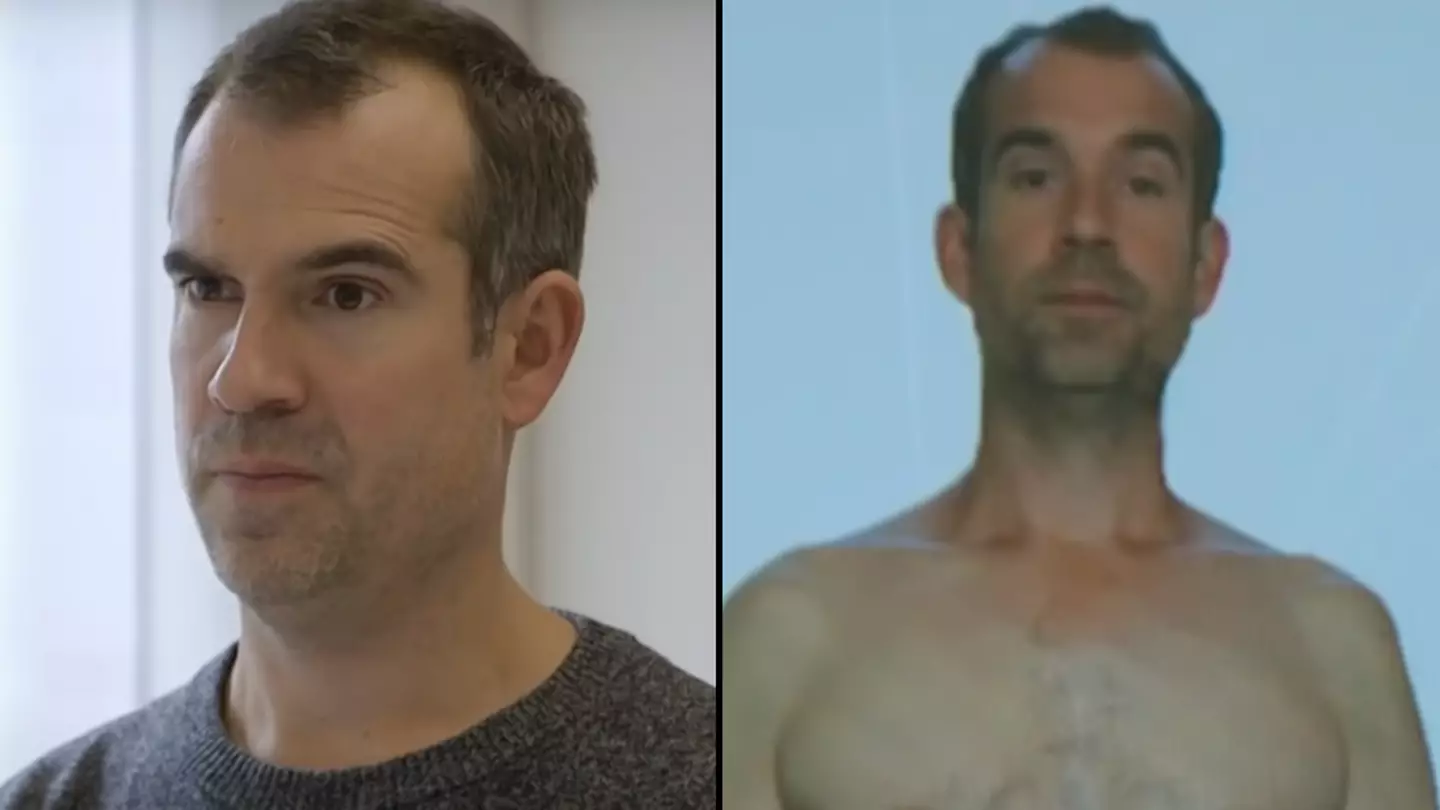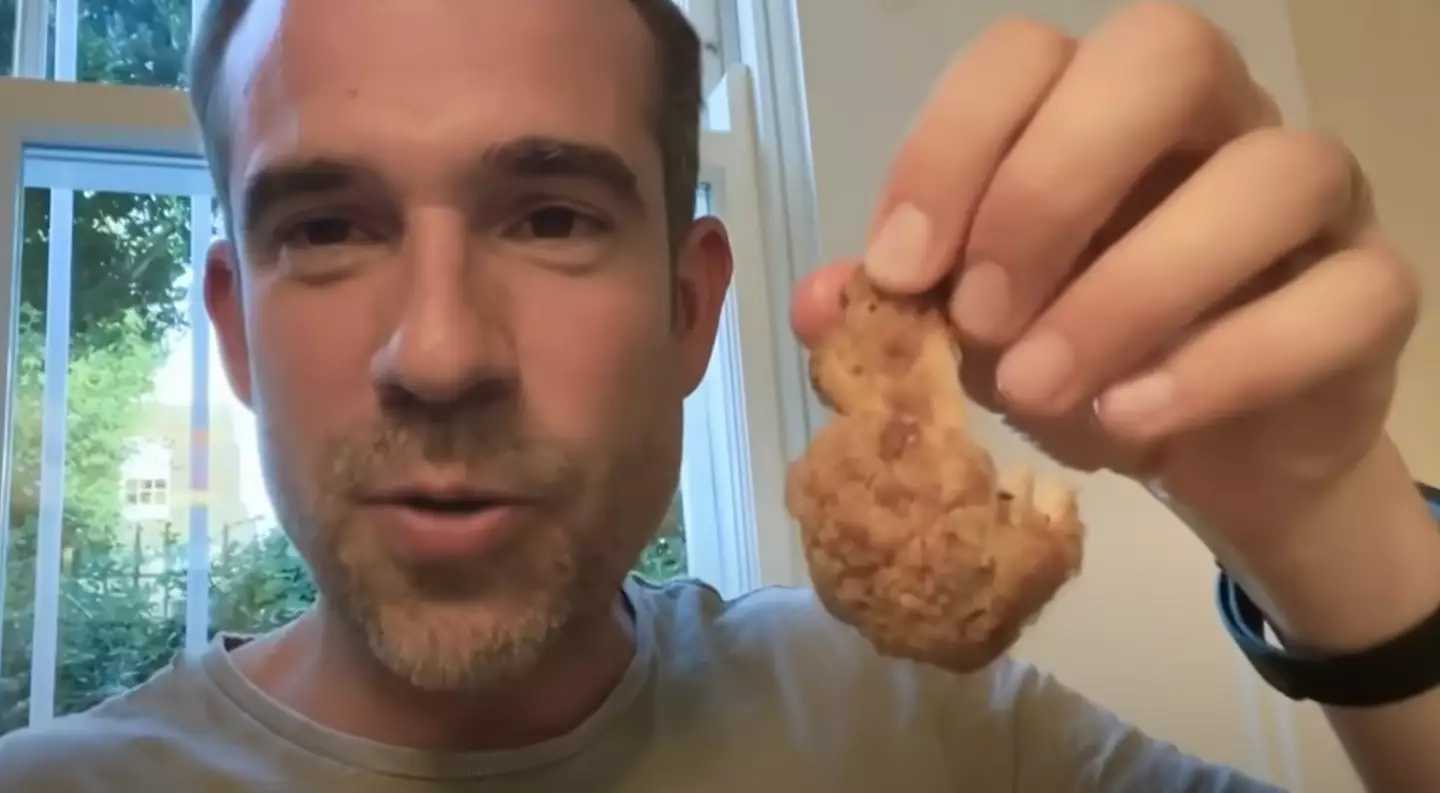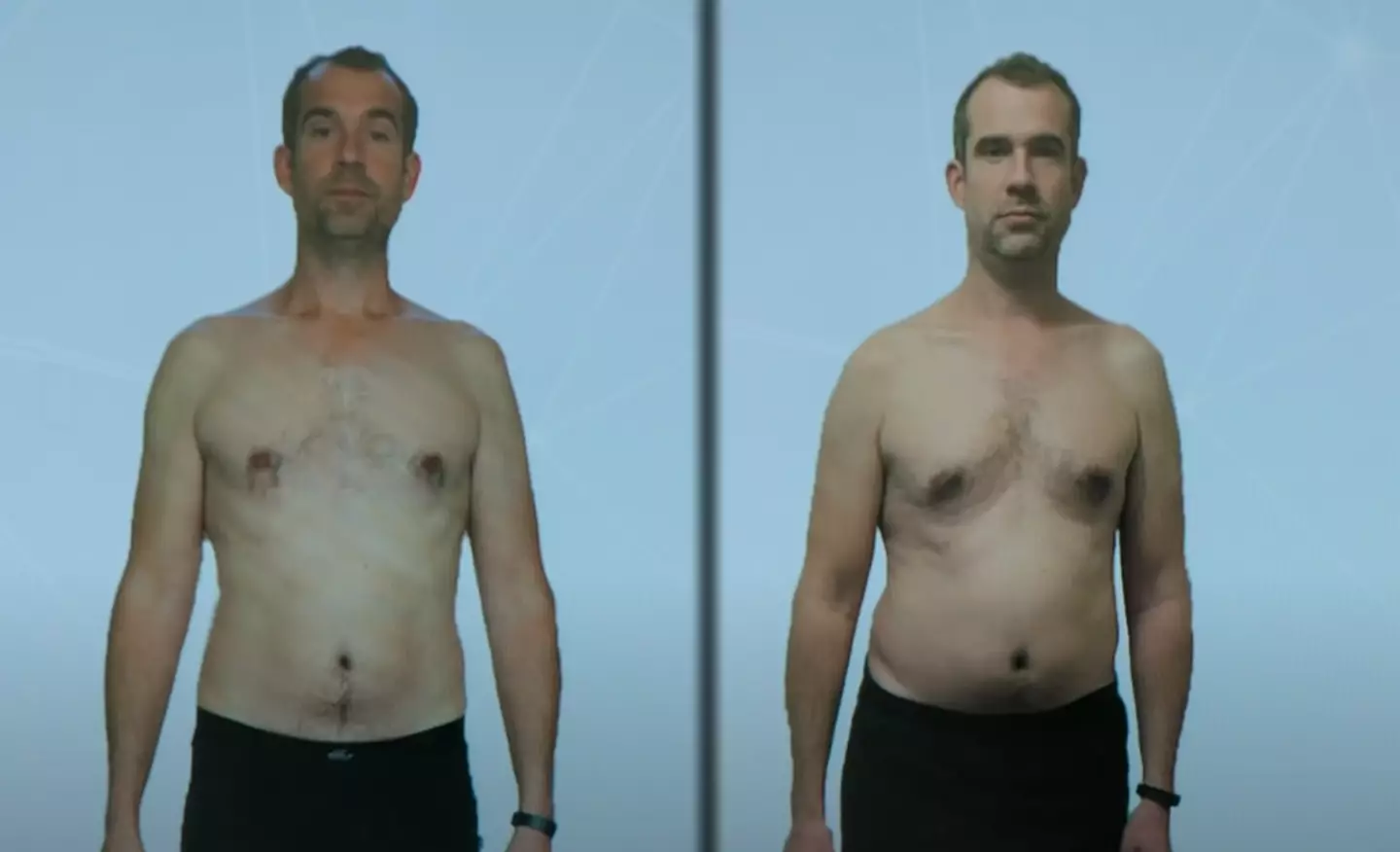
A doctor chose to consume a mostly processed food diet over the course of a month to see exactly what it did to his body.
Dr Chris van Tulleken is no stranger to taking on experiments to do with food, all in the name of science.
The medic previously went on a different diet to his identical twin brother in order for them to compare results and has advised people to avoid ultra-processed food for their long-term health.
The experiment
Dr van Telleken undertook the test for 30 days for the 2021 BBC doc What Are We Feeding Our Kids?.
Advert
He prefaced the experiment by explaining that his normal 'healthy diet' consists of 20 percent ultra-processed foods, moving to the 80 percent ultra-processed food diet as one in five Brits eat like this, regularly.
Dr van Telleken wanted to see if this change would impact his health, though his experiment was monitored by 'one of Britain's top obesity experts', to ensure scientifically valid results.
Feasting on meals such as fried chicken, microwave lasagne, stuffed crust frozen pizza, oven chips and fast food among other things.
The doctor noted that he continued to eat 'when he felt hungry', though as time went on, he found that this feeling came around more often than before.
Reading the ingredients on the packaging on some of his new meals, Dr van Telleken quipped: "What am I tasting? What are they trying to get me to taste, and how does this all feel in my mouth?"

Dr van Telleken also revealed that he was struggling to poo, even going 48 hours without a bowel movement.
Before he knew it though, the 30 days were up and it was time to see the results.
The results
The before-and-after photos showed that he had clearly gained weight over the course of the month, and that's not all.
His weight increased by 6.5 kg within the four weeks, while his Body Mass Index (BMI) went up by two points, making him overweight, while his body fat also increased by three kilograms.
Dr van Telleken explained that at that rate, he would have gained six stone (38 kg) in just six months.
Moving onto brain activity and hormone levels, the obesity doctor highlighted that his hunger hormone went up by 30 percent, which explained why he constantly felt hungry despite eating a lot, as well as a decrease in the 'fullness' hormone.

The way the doctor's brain worked changed too, as scans revealed that new functional connections were made in his brain as a result of the diet.
He explained: "Comparing these scans has revealed that my diet has linked up the reward centres of my brain, with the areas that drive repetitive, automatic behaviour."
Dr van Telleken said that essentially, eating ultra-processed food was something his brain was telling him to do, despite him not necessarily wanting it.
Both medics shared their worry for children in the UK who may eat the same diet, though their brains are much more malleable than his.
As nice as a cheeky fried chicken or frozen pizza may be, it might be best to lay off the ultra-processed scran for a bit.
Topics: Health, Science, BBC, Food And Drink